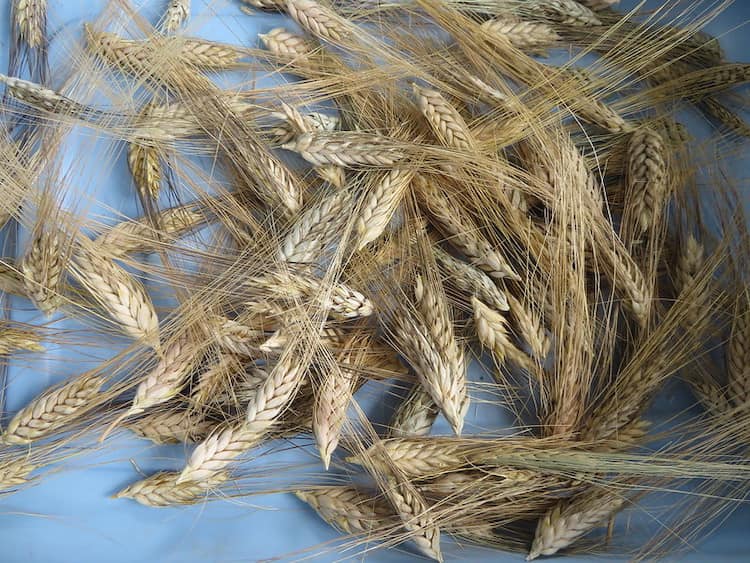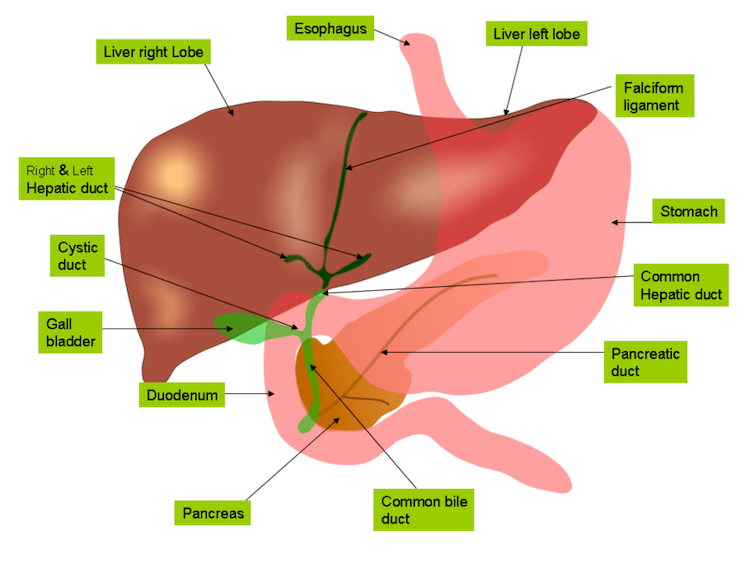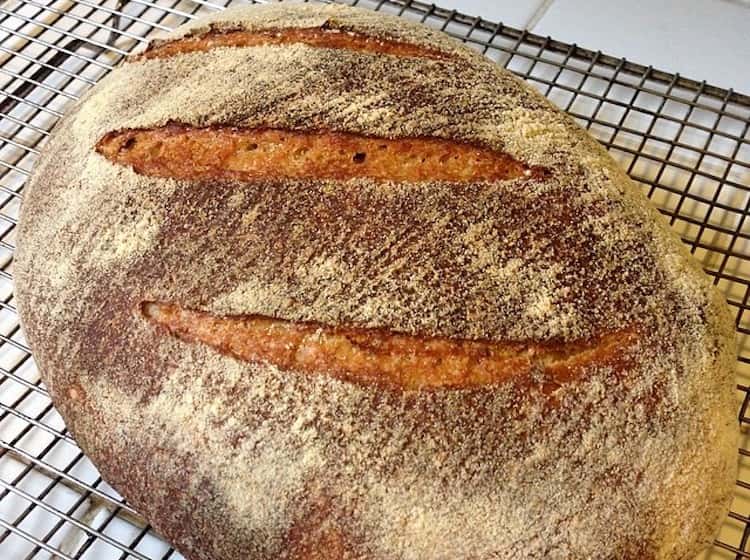Should You Be Eating Kamut?
Kamut, also known as khorasan wheat, is a type of grain most people have never heard of. Scientists are still not clear about its origin, but it’s an ancient food source chock full of minerals and nutrients lacking in other types of wheat. It is twice the size of normal wheat and because of its high lipid content, affects the body differently than carb-heavy varieties.
You can substitute kamut for oatmeal in your breakfast, add it to soup, make it into a side dish, or grind it into flour to make bread or cake. Anywhere you use regular durum wheat, you can use this alternative instead. Wondering if you should incorporate kamut into your diet? Consider the following…

Kamut Is High In Manganese
Everyone could use a little more brain power, and manganese is the key. This essential nutrient directly affects synaptic neurotransmission (how your brain transfers information) meaning consuming it can aid in mental functions and decrease mood swings, mental illness, and possibly even epilepsy.
Manganese also plays a role in bone formation, blood clotting, and inflammation reduction. As we get older (especially women), bones can become fragile and break, taking months to heal. You may not even know your bones are becoming less dense until it’s too late.
Kamut contains 104% of your daily recommended amount of manganese. So, eat up.

Kamut Contains Zinc – Which Can Help Fight The Common Cold
In a 2013 study, taking zinc was found to shorten the time participants experienced common cold symptoms. Zinc is the second most abundant trace mineral in your body and has antiviral and antibacterial properties.
Kamut contains 30% of your daily recommended amount of zinc. Eating it can help reduce your chances of getting sick as well as limit symptoms if you do catch something.

One Cup Of Kamut Contains 11g Of Protein
Protein is one of the most praised nutrients in the fitness industry. It keeps you feel fuller longer, builds muscle, and even contributes to the regulation of DNA and hormones in the body. Everything runs on protein, and compared with other grains, kamut is full of it.
Eating this ancient food source can aid in weight loss (if that’s your goal) by making you feel satiated and less likely to grab a box of cookies or a candy bar. It also gives you stable energy (unlike carbohydrate-heavy wheat) to get things done without having to take a midsday nap.

Kamut Can Help Balance Hormones
Zinc and manganese are a team of minerals that share many jobs in the human body. One of them is balancing hormones. Hormones are signals that your body uses to communicate what’s going on and what needs to happen. An imbalance can cause mood swings, infertility, sexual dysfunction, and a variety of other health problems.
Kamut contains high amounts of zinc and manganese, the perfect combination for regulating your hormones and keeping you balanced.

Kamut Contains Phosphorus
Phosphorus is another powerful mineral you need to keep your body running smoothly. One of its main functions is aiding the kidneys and liver in removing toxins which then get expelled through urine. If your body is not detoxing properly, you could experience headaches, fatigue, skin problems, and excessive bloating or gas.
Kamut provides 30% of your daily amount of phosphorus and helps make sure your organs can get rid of toxic waste properly, allowing you to have more energy and feel better.

Kamut Is A High-Fiber Food
Speaking of waste, kamut is also high in dietary fiber, which helps your digestive system filter out the stuff you don’t need. Consuming healthy amounts of fiber also helps you feel satiated, can lower blood sugar and cholesterol levels, and helps prevent heart disease and cancers of the bowels. When your intestines are healthy, the rest of your body feels it.
A 2013 study comparing kamut to other kinds of wheat found it superior for reducing inflammation and metabolic risk factors such as cholesterol. So, if you’re looking to increase your daily fiber intake, try it out.
It’s important to know that although kamut is a healthier alternative to regular wheat, it still contains gluten and should be avoided by people with celiac disease or severe gluten allergies. As with any new food, it’s best to try in small amounts first, to see how your body processes it. Try it with fruit and honey for breakfast or substitute it for rice with your next meal, but however you cook it, kamut is an incredible ancient food that is making a comeback in modern times.
